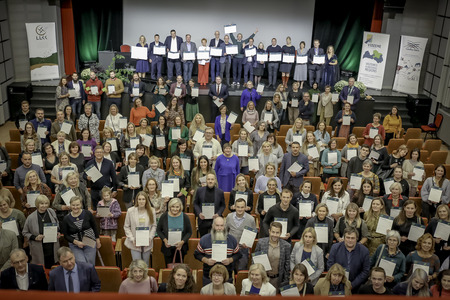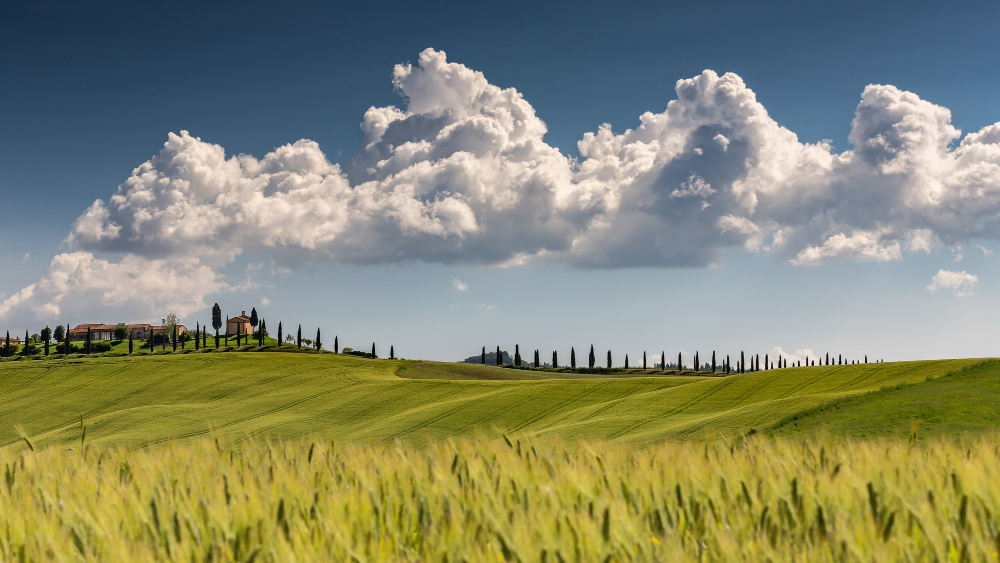The international forum “Mission: Establishing a Bioregion in the Gauja National Park” was held on 25 October in Sigulda, Culture Centre “Siguldas devons”. Vidzeme Planning Region, Cēsis Municipality, Sigulda Municipality, the Association “Greenfest”, Latvian Rural Advisory and Education Centre were the main organizers of the forum. Experts from Latvia and abroad gathered to present the bioregion concept and activities in Europe, and to share inspiring examples of forward-thinking regional development.
As part of the Forum, the participants signed a memorandum of goodwill on the establishment of the first bioregion in the Baltics in the territory of the Gauja National Park in Cēsis, Sigulda, Valmiera and Saulkrasti municipalities. The Memorandum outlines the key principles to be followed in creating a new economy that is environmentally and climate friendly, resource-efficient, socially inclusive, and prosperous. The Memorandum also sets out the main vectors that need to be developed to bring the bioregion to life.
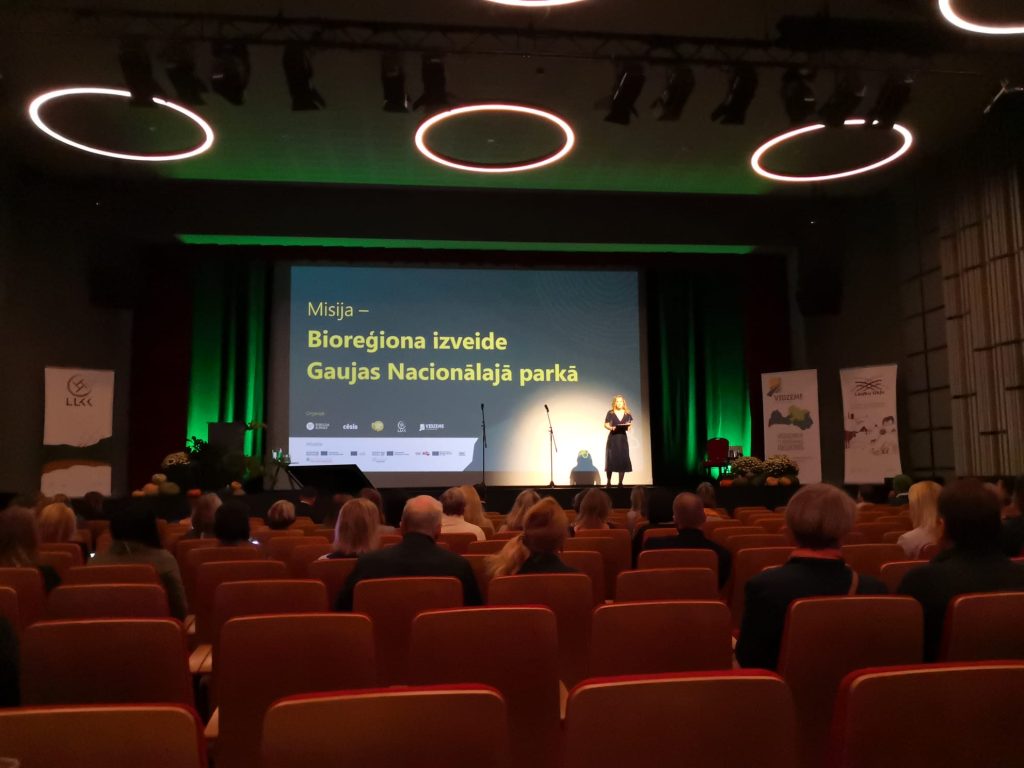
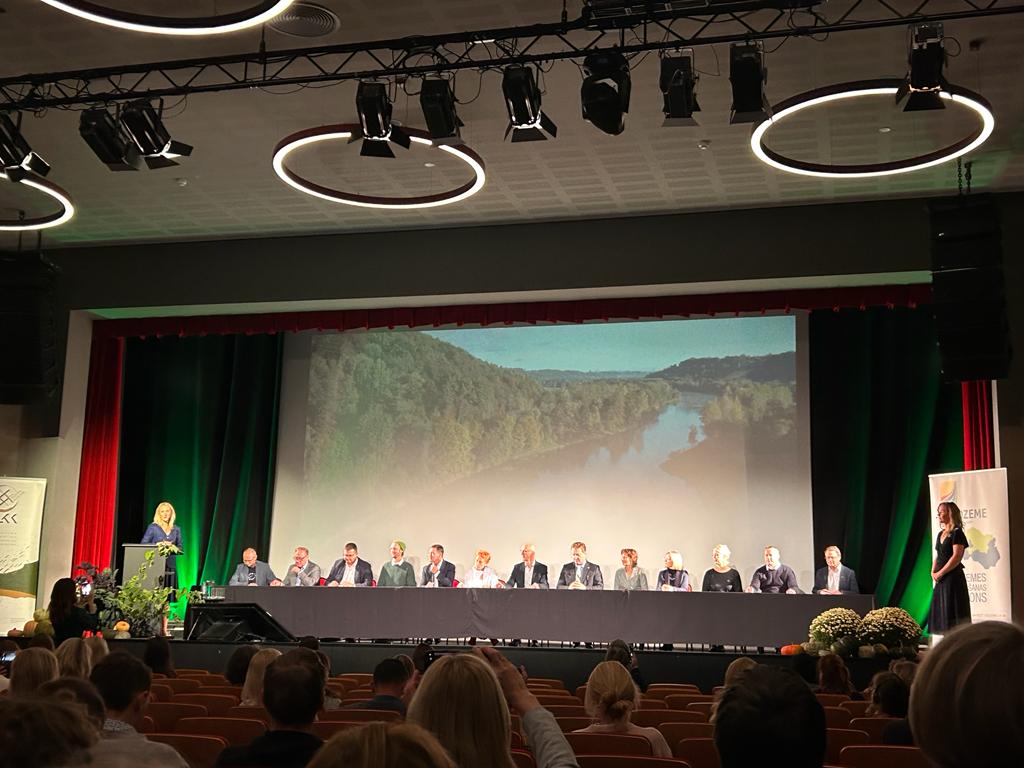
The Forum was followed the next day on October 26 by a discussion “Organic food in school and kindergarten catering. Is organic food always expensive? Experience obtained in European countries”. It took place in Cēsis from 10.00 to 13.00. The event’s target audience included representatives from local municipalities, local action groups, educational institutions, and others.
The primary topics of the discussion: how to get organic food on school menus; is organic food always more expensive than non-organic or conventional food; and whether there is a direct relationship between product price and quality. The following speakers had been invited to participate in the discussion: Agnese Radžele-Šulce, Latvian Rural Advisory and Training Centre (Latvia), Jostein Hertwig, Global Alliance for Organic Districts (Norway), Klaudio Serafini, Organic Cities Network Europe (Italy), Jan Kohlmüller, BioStadt Bremen (Germany). Zane Siliņa, Latvian Rural Forum, moderated the discussion.
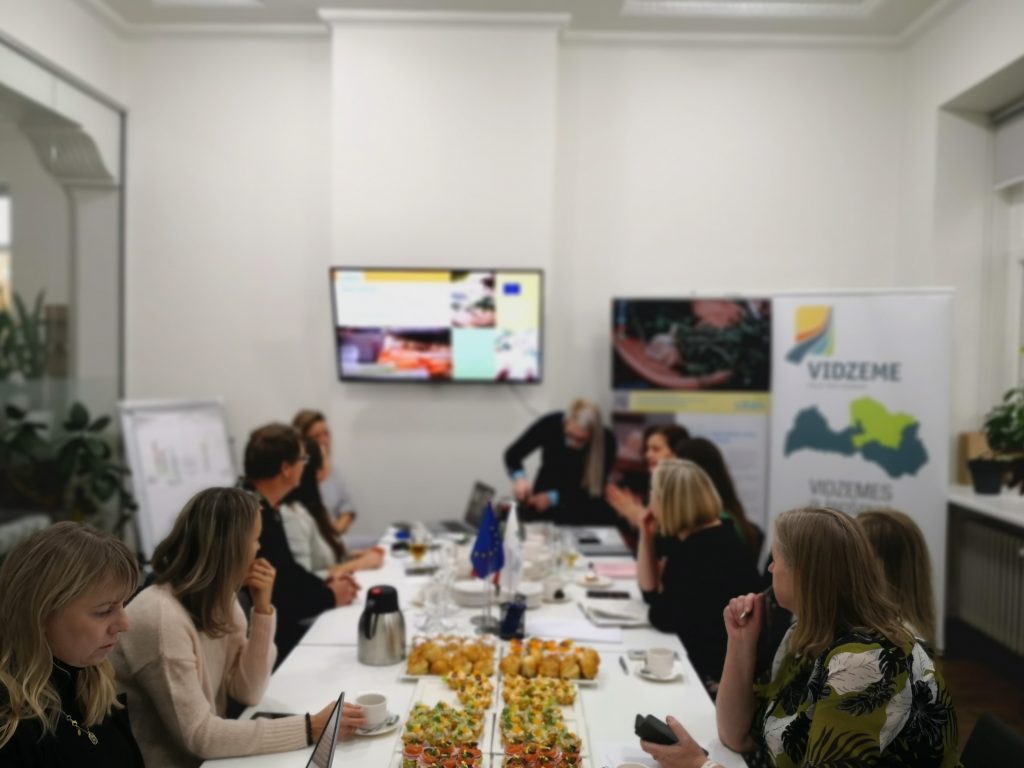
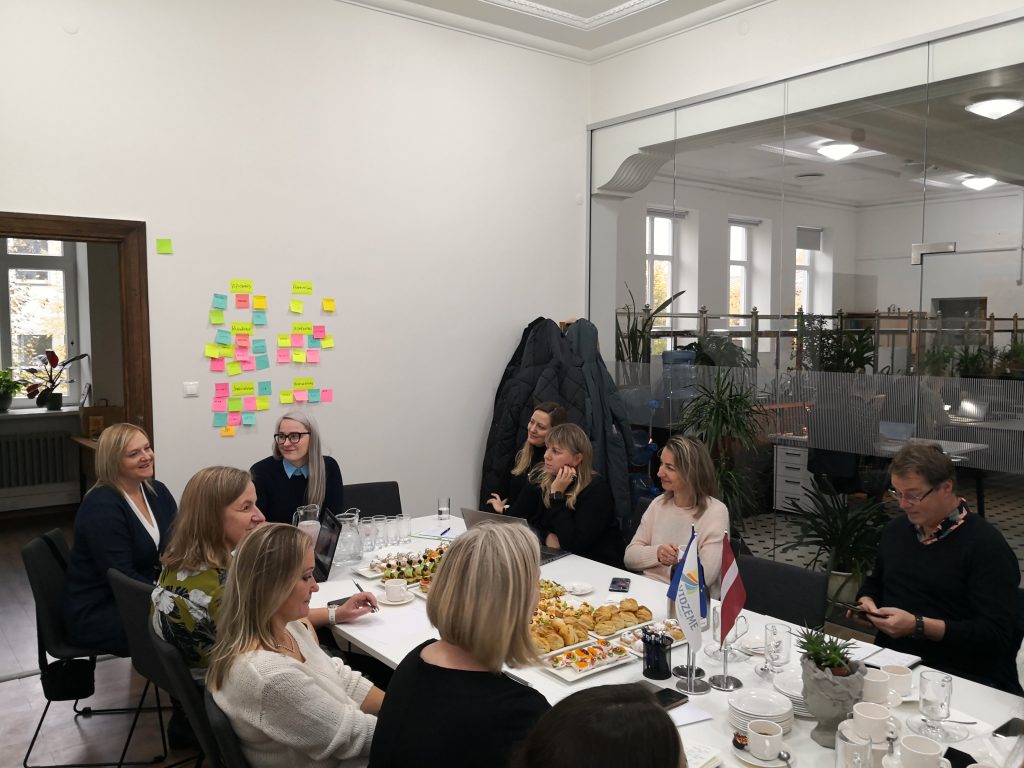
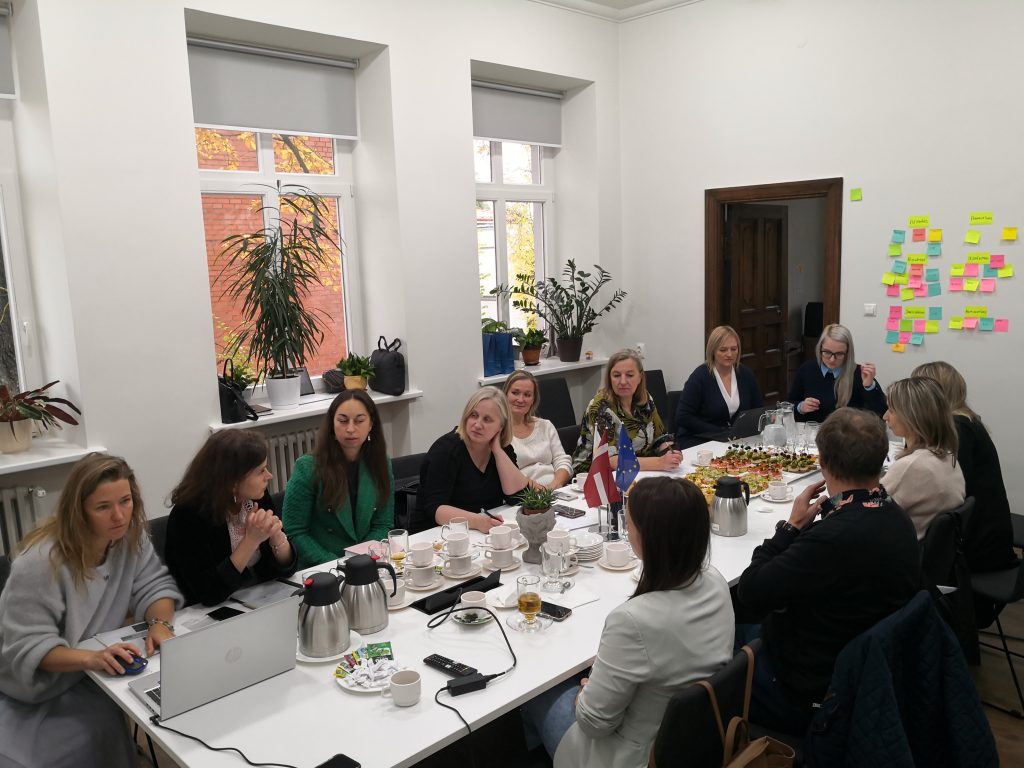
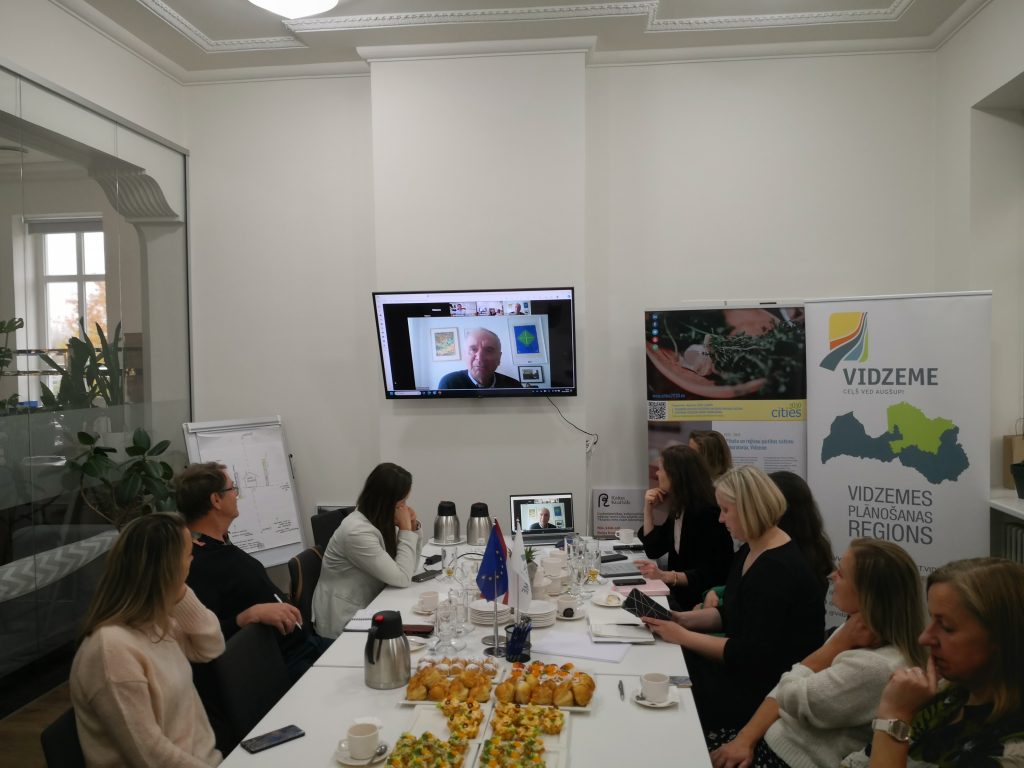
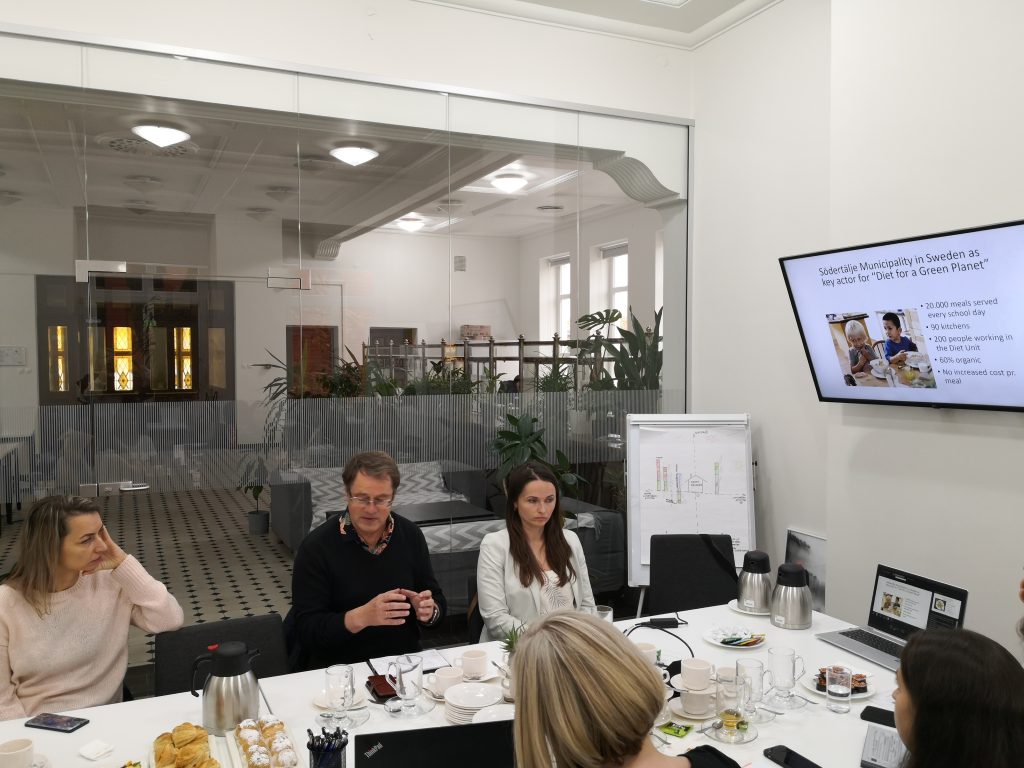
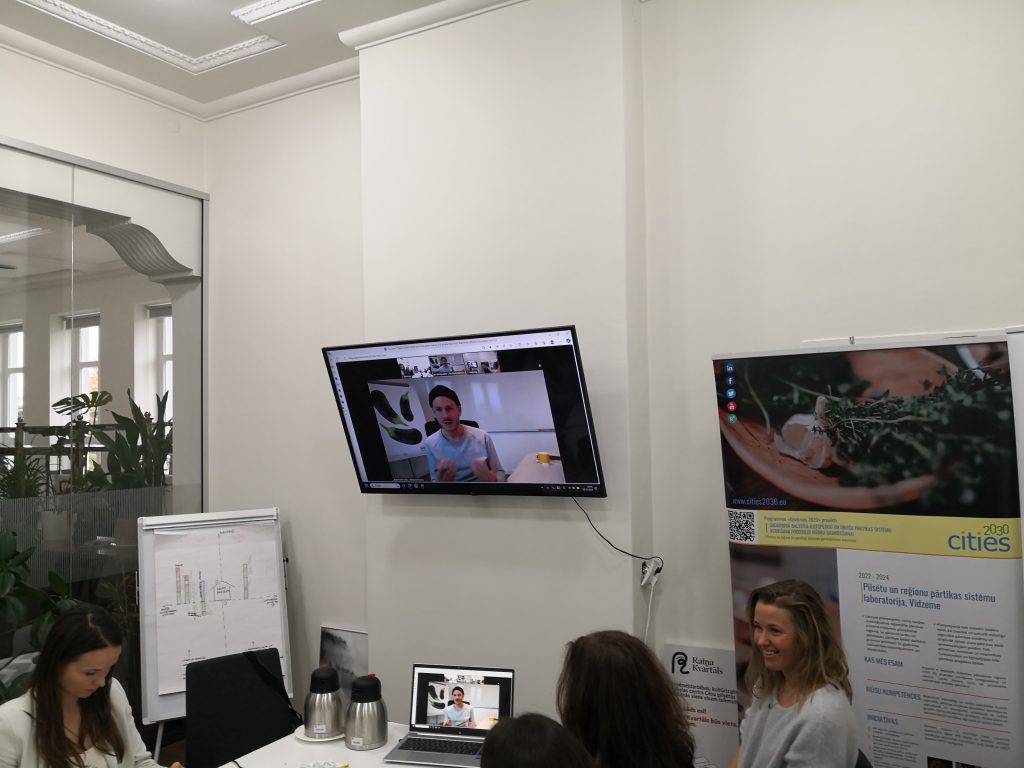
Both activities were supported by the CITIES2030 project and organized as Food System Dialogue events. They occurred within the Vidzeme lab.
